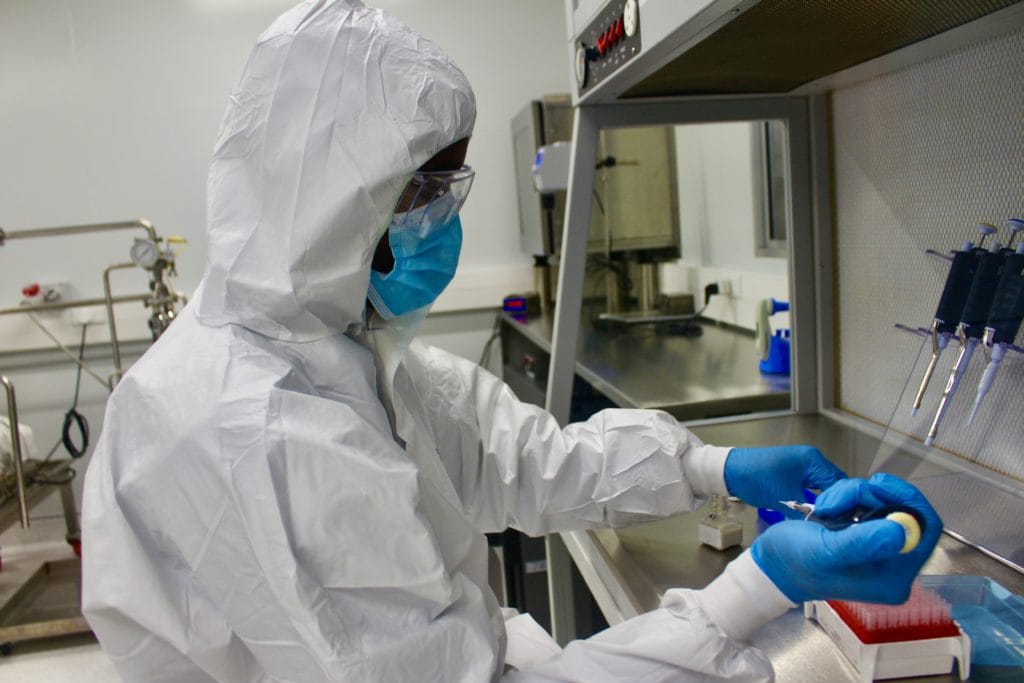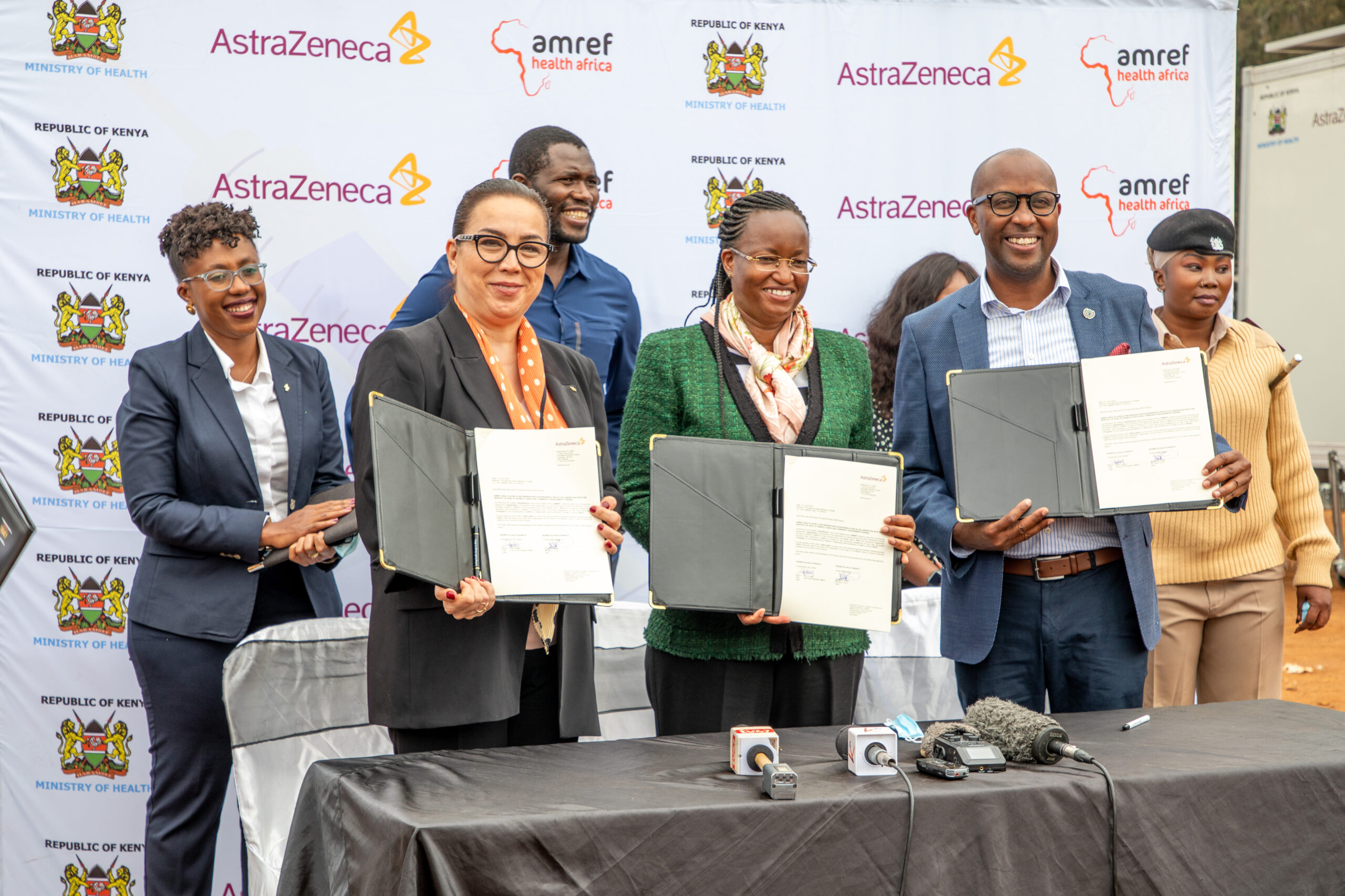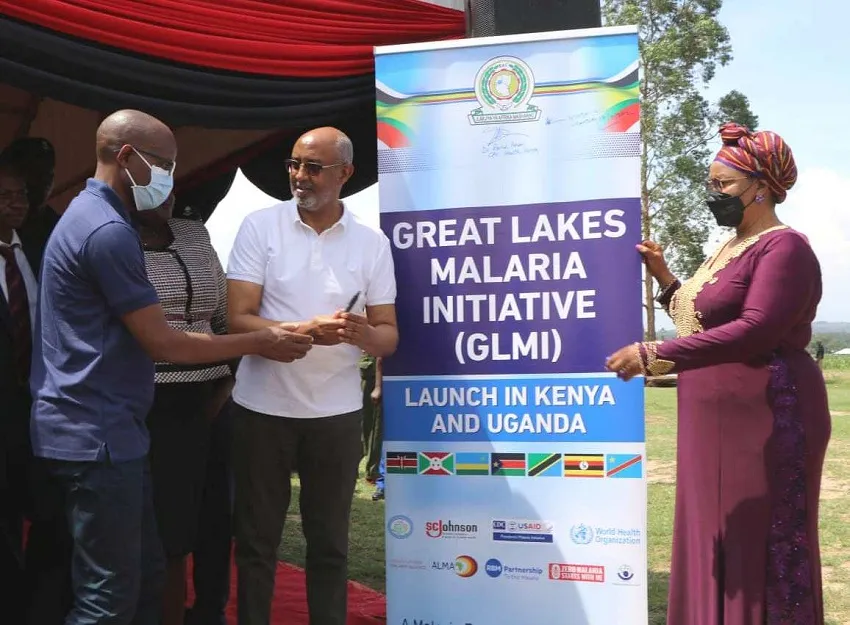Valentine’s Day blood donation campaign
Tuesday, 13 February, 2018

The Kenya National Blood Transfusion Service will conduct a one day massive national blood donation campaign aimed at increasing the blood stocks in the country to save live and alleviate human suffering.
The campaign dubbed the Valentines blood donation drive will be conducted in 22 blood donation sites across the country and will target adult blood donors of between ages 18 and 65 years. The campaign whose theme is “show your love, donate blood” is expected to garner over 10,000 units of blood and to reach over one million people with information on the importance of blood donation.
The blood donation campaign is aimed at providing a platform for the people of Kenya and indeed the blood donors to demonstrate their love by giving blood which is sincerely a priceless gift to someone they may never know or meet in their life time.
The campaign has been necessitated by the continued need for blood in hospitals and other health care facilities and the need to ensure that Kenyan are secure in the event of suffering illnesses that may require blood transfusion.
A research conducted by KNBTS recently indicated that adult blood donors are more reliable and responsive than those in institutions since they do not go on holiday and in most cases they usually have a permanent address that facilitates regular recall for blood donation. This is particular essential when a rare blood group in urgently needed.
The Kenya National Blood Transfusion Service collected a total of 149,642 units of blood last year, this represents 83.1% the annual target of 180,000 units. The national requirement according to the World Health Organization (WHO) standard is 400,000 units that presupposes that if 1% of the population in a country donated blood once in a year that country is considered blood sufficient. This scenario could be attributed to the poor blood donation culture among adult blood donors and in some instances gross lack of awareness among potential blood donors.
Blood donation apathy among adult donors has resulted to low collections while the same adult donors are the highest recipients of blood. Thus the Kenya National Blood Transfusion Service has adopted a strategy of using information, education and communication in an effort to create a culture of regular voluntary blood donation among the these donors.
 In Kenya 2 of every 3 units of blood are transfused to mothers and children. It is unfortunate that Kenya has a relatively high maternal mortality ratio compared to the western world at 362 maternal deaths per 100,000 live births, (Ministry of Health 2018) that translates to about 20 women dying every day from child birth related complications. The leading cause of maternal mortality is bleeding just before or after childbirth or due to a miscarriage, induced abortions and other pregnancy related complications such as tubal pregnancy.
In Kenya 2 of every 3 units of blood are transfused to mothers and children. It is unfortunate that Kenya has a relatively high maternal mortality ratio compared to the western world at 362 maternal deaths per 100,000 live births, (Ministry of Health 2018) that translates to about 20 women dying every day from child birth related complications. The leading cause of maternal mortality is bleeding just before or after childbirth or due to a miscarriage, induced abortions and other pregnancy related complications such as tubal pregnancy.
The demand for blood and blood products is on the rise owing to the sporadic terror attacks, road traffic injuries, cancer diseases and anemia occasioned by Malaria and other medical conditions.
This campaign therefore will attempt to mitigate the current scenario in an effort to offer Kenyans a more secure treatment and most importantly to save lives.
Going forward it is envisaged that this type of intervention will be held on regular basis with the aim of boosting our national blood reserves and most importantly to increase blood donor repeat rate that currently stands at 30%. Repeat blood donors form the greatest asset of the blood sub-sector and this is the only sure way of sustaining efforts as this group of donors is safe and committed.
The Kenya National Blood Transfusion Service is promoting repeat blood donation culture through Pledge25 Kenya Club where members commit to donate blood at least 25 times in their lifetime.
This intervention is within the mandate of the Kenya National Blood Transfusion Service that is to collect, test, process and distribute blood and blood products to all transfusing hospitals in Kenya.
This campaign will take place simultaneously in Nairobi, Embu, Nakuru, Eldoret, Kisumu and Mombasa, Machakos, Kisii, Voi, Meru, Naivasha, Kericho, Nyeri, Garissa, Malindi, Thika, Lodwar, Bungoma, Migori, Busia, Narok and Kitale.
The campaign is sponsored by partners including the Kenyatta International Convention Centre (KICC), Kenya Medical Practitioners, Pharmacist and Dentist Union, Digital Humanitarian, CateChris Limited, Coca Cola Beverages Africa, Kenyatta National Hospital, Amref Herath Africa among others







